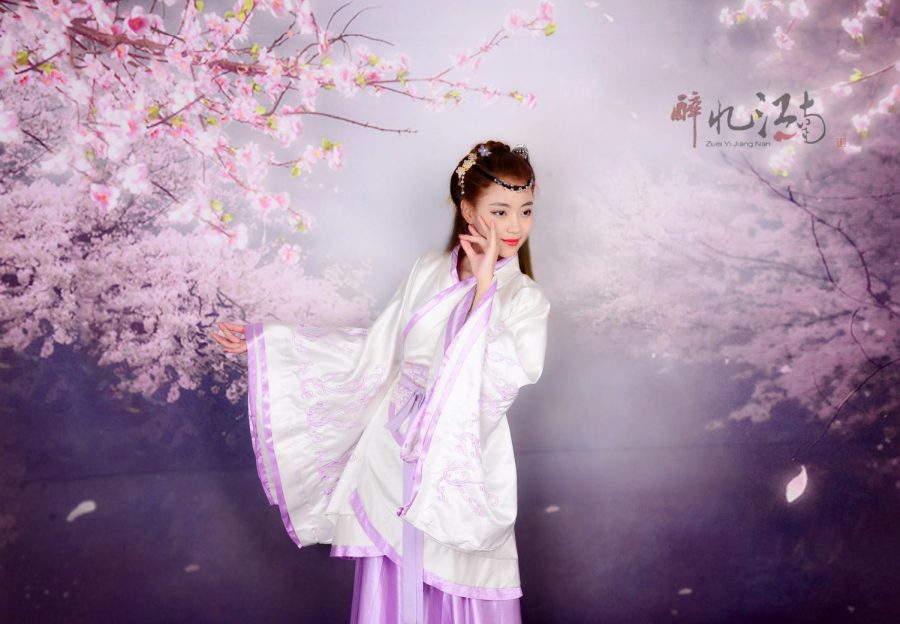Growing up Chinese: Two Worlds
This photo of Rebekah Sun was taken in a small local shop on a street in Jiaxing, China.
Happy Chinese New Year!
Last Saturday, January 25th, marked the beginning of 2020 on the Chinese traditional calendar. Millions of people around the world celebrate this staple festival in Chinese tradition, adorning their houses with red lanterns, cooking savory, steaming dumplings, and most importantly— cherishing the beauty of their culture.
Growing up as a second-generation Chinese-American girl, I struggled to navigate my cultural identity. I had never really seen Chinese representation in my favorite Hollywood movies, in the vibrant Hollister advertisements displayed on flashy billboards in New York, or mentioned in the chatty pop culture discussions on my favorite radio station.
I felt so isolated every day at school. I hated the way my third-grade peers glanced at the fuzu I brought for lunch with funny looks on their faces as I uneasily hobbled my way to the microwave; the way I wore a qipao (traditional Chinese dress) for a costume party in fifth-grade and heard menacing whispers behind me about how strange it looked; the way my peers laughed as an Asian speaker with a heavy accent struggled to pronounce English words with sharp precision at a school-wide assembly.
Then came my last years of middle school and first steps into high school.
As my schedule became flooded with school work and my mind with stress, I looked with envy upon my non-Asian peers who could spend time with their friends after school and on the weekends. Every time I found a pocket of free time, my parents demanded I fill it with more work, more productivity. I often heard, “be more like her!” as I found myself constantly being compared with other brilliant Chinese kids. Every day was a continuous cycle of: ‘School. Extracurriculars. Homework. Sleep.’
I felt trapped in a bubble created by my Chinese identity. I feared seeking comfort for this confinement in the outside world where I felt like a stranger that no one could empathize with; I found no refuge in my home where my culture burdened me the most.
As I celebrate Chinese New Year 2020, I reflect on my cultural identity.
It brings me great joy to say that things are changing. As I continue along my journey, I am beginning to recognize the uniqueness of Chinese food like fuzu, the beauty of Chinese clothing like the qipao, and the richness and depth under every accent that reveals a cultural identity.
Through the strictness of my parents, I have recognized their academic pressure on me as a Chinese way of loving and wanting the best for their child; their high standards have instilled in me a fiery perseverance to achieve. I have grown remarkably thorough and now possess unconditional love for my Chinese identity.


